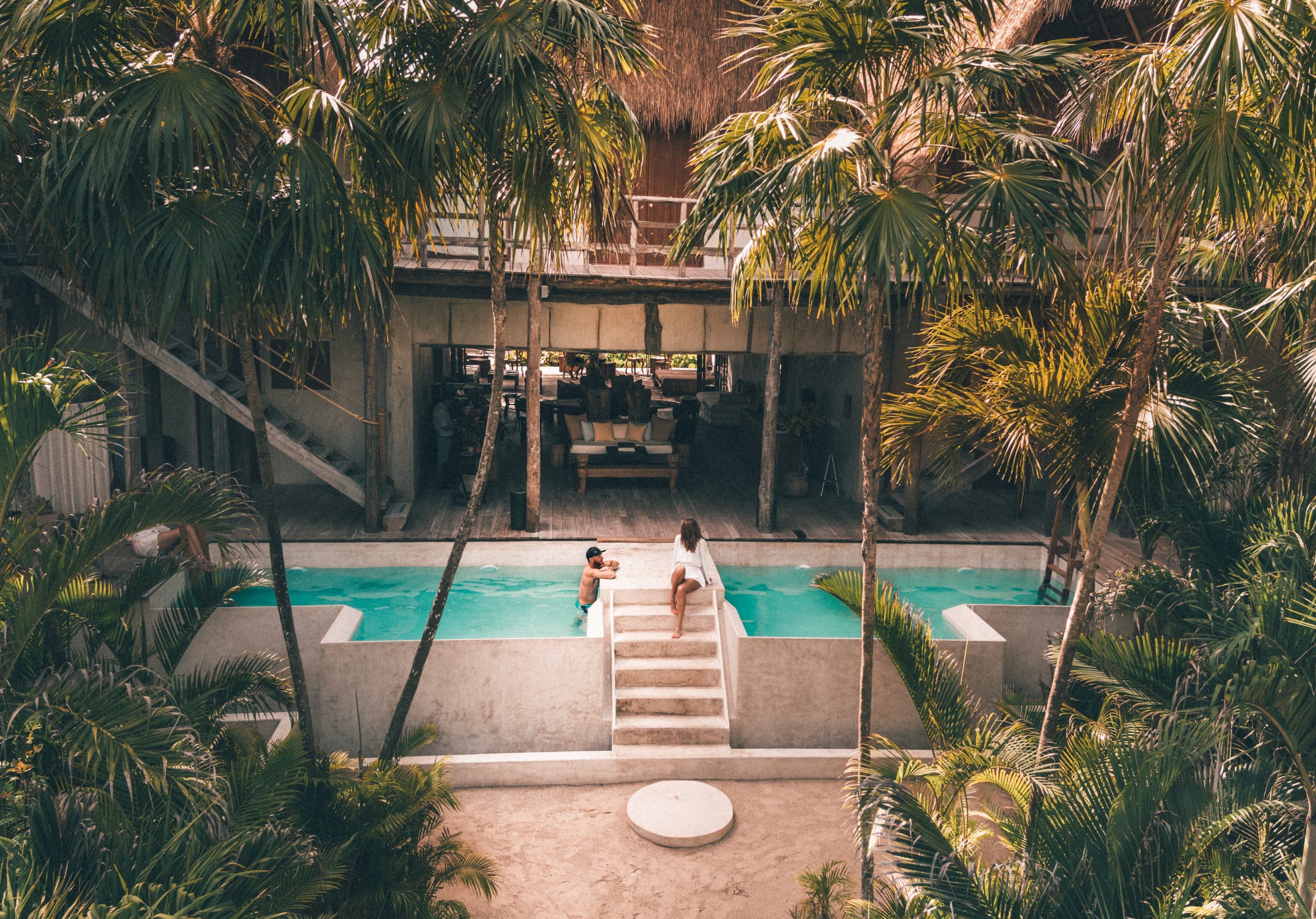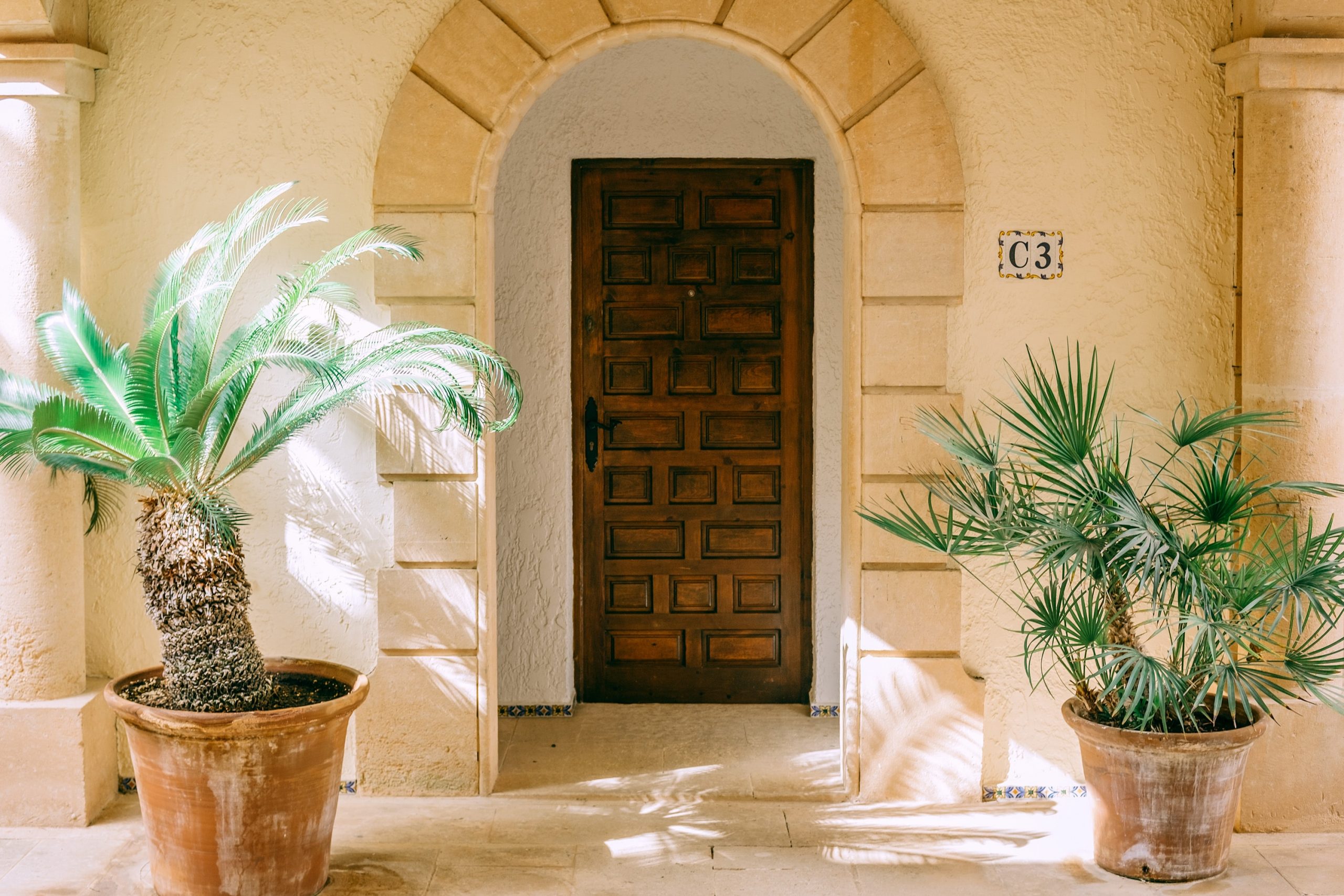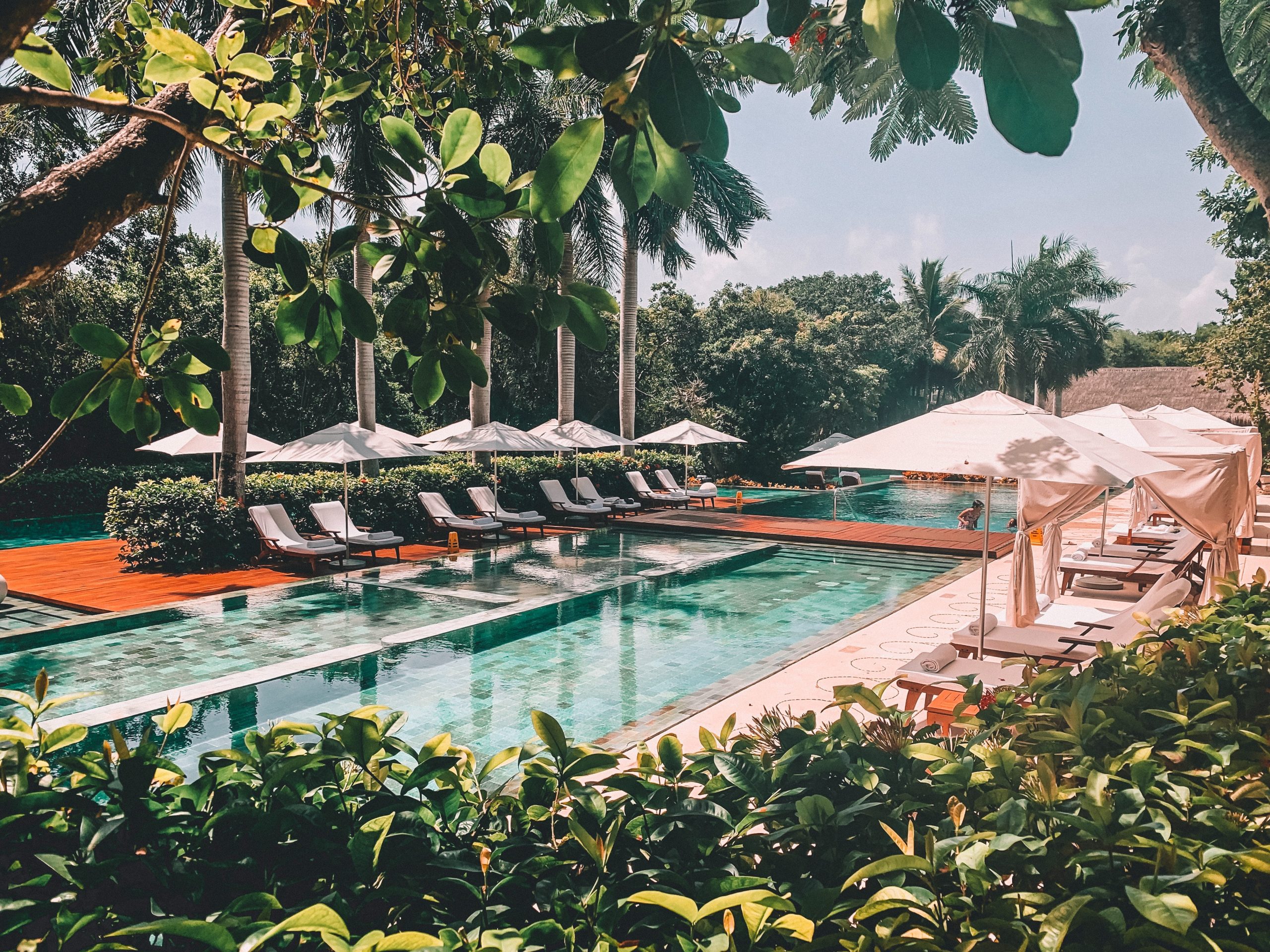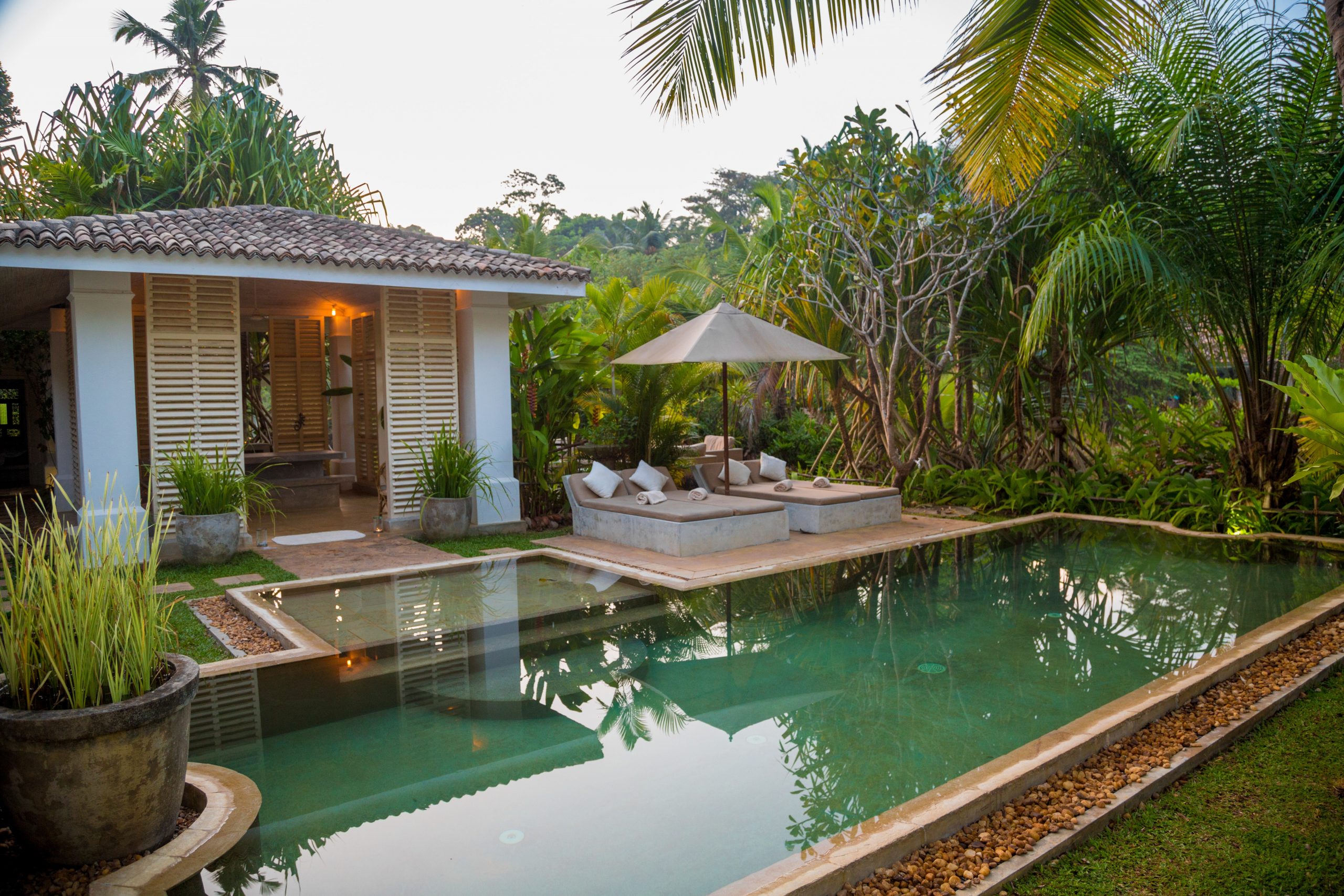How Hotels Prepare for the Christmas Peak Season
The Christmas season marks a period of intense activity for the hotel industry, as families and friends embark on journeys to celebrate the festivities. According to an article from Travel Wise, a significant increase in demand has been recorded during the Christmas and New Year season in prominent global destinations. Specifically, the global hotel occupancy rate has already reached 23%, representing a 10% increase compared to the same period last year, as reported by Travel & Tour. This growing demand underscores the importance for hotels to implement key strategies to ensure an exceptional experience for their guests during this special season. Below, I detail the essential practices that hotels adopt to stand out and efficiently respond to the Christmas demand. Facility optimization As a first step, hotels must ensure that their facilities are impeccable to welcome guests during the Christmas season. This process includes the cleaning and disinfection of rooms, the maintenance of common areas, and the incorporation of decorative elements in line with the festive spirit. Special offers and promotions With the aim of attracting guests, hotels implement exclusive offers and promotions during the Christmas season. These offerings may include discounts on rates, accommodation packages with complimentary breakfast, or free Christmas activities. Additional staff hiring To meet
The new era of luxury sustainability in hospitality
We have been discussing how 2023 is the year of sustainability across all sectors. However, this time, I am pleased to address a crucial aspect of this paradigm shift: sustainability in the hotel industry applied to luxury, which translates into the pursuit of a balance between exclusive comfort and environmental responsibility. That said, hotel sustainability is not a trend but a solid commitment to preserving the environment and the local community. Incorporating this concept into luxury goes beyond a mere "green" label and manifests in specific practices aimed at reducing the environmental and social impact of the hotel industry. Eco-Luxury stands as an example of industry progress, reflecting the increasing awareness among both hoteliers and travelers. The integration of sustainable practices in the luxury sector is not only appealing to environmentally conscious travelers but also contributes to preserving local traditions, supporting community livelihoods, and ensuring the conservation of natural resources for future generations. Growing trend and market data According to Facts and Factors, the global luxury hotel market was valued at approximately $95.11 billion in 2021 and is expected to reach $160.48 billion by 2028, with a compound annual growth rate (CAGR) of about 4.95% between 2022 and 2028. On the other hand, according to
Wellness is the new luxury in hotels
We live in an era where the awareness of well-being and health has become a guiding light in our daily decisions, and the COVID-19 pandemic, with its undeniable influence, has acted as a catalyst in how we perceive and value these aspects in our everyday lives, even influencing our choices when planning trips or vacations. According to a report by Grand View Research, the global wellness tourism market reached a value of $814.6 billion in 2022, with a projected steady annual growth of 12.42% from 2023 to 2030. Furthermore, the Wellness Tourism Market Outlook from Fact MR predicts this market to reach $2.3 trillion by the end of 2033, starting from $880 billion in 2023. Beyond the COVID-19 pandemic, social media plays a pivotal role in the evolution of this ongoing trend towards well-being. Influencers, well-known figures, and enthusiasts worldwide share their experiences in yoga, meditation, healthy eating, and self-care during their vacations, directly influencing travelers' expectations and reshaping not only what we expect from the destinations we visit but also what we demand from hotels. Just over a fifth (21%) of global travelers are currently traveling for health and wellness reasons, according to a 2022 Travel Trends study conducted by the luxury
The evolution of boutique hotels: personalized and exclusive experiences
In a world where hospitality and comfort converge with individuality and exclusivity, boutique hotels have emerged as beacons of light in the modern hotel industry. According to a report from the Statista Research Department, the boutique hotel market in the United States experienced a significant recovery, projecting to reach $23.18 billion in 2022. This resurgence is even more remarkable considering the decline in 2020 due to the COVID-19 pandemic and subsequent reduction in travel. In 2021, the boutique hotel sector in the United States hosted a total of 3,797 companies, a significant increase from the 3,352 the previous year. Optimistic projections anticipated that the number would reach 4,487 in 2022, demonstrating continued confidence in the potential and sustained demand for these unique and personalized experiences. The evolution of the market size not only reflects an impressive recovery but also a consistent growth in the number of sector companies over the last decade. The Impact of Boutique Hotels on the Hotel Industry The influence of boutique hotels on the hotel industry cannot be underestimated. These distinctive establishments have introduced a revolutionary approach that highlights individuality and personalized attention. While traditional hotel chains offer a uniform experience, boutique hotels stand out for their distinctive character and
The influence of social media on the choice of tourist destinations
Recognizing the undeniable role of social media in shaping our travel plans is as evident as acknowledging that the sun is always shining. In the interconnected world we live in, it has become natural to turn to these digital platforms in search of inspiration, recommendations, and a glimpse into the experiences of other travelers. However, the real extent of social media's impact on our travel decisions remains a fascinating and enigmatic topic. While it's no secret that social media plays a significant role in vacation itinerary planning, the true magnitude of its influence remains a captivating mystery waiting to be unraveled. According to a Morning Consult report, 92% of Generation Z users in the United States use social media, with 54% of them spending at least four hours a day on these platforms. Furthermore, Gen Zers stated that they spend more time interacting with their peers per week, on average, through video games (65%) than in school (64%) or at work (51%). These numbers highlight the omnipresence of social media in the daily lives of young people, and this reality directly impacts their travel decisions. A fascinating example of social media's influence on the choice of tourist destinations can be observed in the
Luxury hotel fever: Which are the main countries that are investing in this category of accommodation?
In recent years, the hotel industry has experienced a boom in the construction of luxury hotels around the world. And although it is often assumed that these properties belong to local investors, the reality is that various countries that invest in this type of hotel also come into play. According to a study by the World Travel and Tourism Council published by HostelTur, China is one of the leading countries in luxury hotel investment. With an ever-growing middle class, domestic tourism has increased significantly in recent years, and as a result, the hotel market has boomed, attracting the attention of local and foreign investors alike. Another country that has seen an increase in investment in luxury hotels is the United States. In cities like New York, Miami, and Los Angeles, new upscale hotels are being built at a rapid pace. Many of these projects are initiatives by foreign investors seeking to capitalize on the growing market for superior tourism in that country. On the other hand, in Europe, Spain also stands out as a country that has seen a large increase in hotel investment in recent years. Thanks to its warm climate and its beautiful beaches, this territory has become a popular tourist
Hotels that stand out for their gastronomy
Food is one of the most important aspects of a place's culture, and many travelers (including me) seek to experience the local cuisine during their travels. The hotels that stand out for their gastronomy are those that offer a high-quality culinary experience and make food an integral part of their guests' stay. In this article, we will explore some of the most outstanding hotels for its gastronomy around the world. First of all, the Ritz-Carlton Hotel in Tokyo has several award-winning restaurants, including the three-star Michelin restaurant, Sukiyabashi Jiro. This restaurant offers a unique dining experience with a high-quality sushi set menu. In second place, we find the Waldorf Astoria hotel in New York, United States. The hotel has several high-quality restaurants, including the famous Bull & Bear Steakhouse, which has been awarded a Michelin star. Mandarin Oriental Hotel in Bangkok, Thailand. The hotel has nine different restaurants, each with its own style of cuisine and atmosphere. Particularly noteworthy is the restaurant Le Normandie, which has been awarded two Michelin stars and offers an exquisite French culinary experience. Finally, we have the Belmond Hotel Caruso in Ravello, Italy. The hotel has a restaurant that has been awarded a Michelin star. The Belvedere restaurant offers
Sustainable hotels that lead the ecotourism sector
As a nature lover and frequent traveler, I have always looked for ways to enjoy new experiences without leaving a negative footprint on the environment. So I'm excited to tell you about the sustainable hotels that are leading the ecotourism industry. These hotels are not only concerned with offering their guests an unforgettable experience, but are also committed to minimizing their impact on the environment. From choosing green building materials to implementing energy and water conservation practices, these hotels are leading the way towards more sustainable tourism. One of the hotels to recommend in this sense is the Hix Island House in Puerto Rico. This hotel features innovative architecture and uses solar panels to provide most of its power. In addition, they have implemented a rainwater harvesting system and have organic gardens that provide fresh and local ingredients for their restaurant. Another great example is Six Senses Laamu in the Maldives, which uses renewable energy and has a wastewater treatment system to reduce its environmental impact. In addition, the hotel is committed to eliminating single-use plastics in its facilities and works in collaboration with the local community to promote the conservation of coral reefs. In Colombia, there is the eco-friendly Casa del Agua hotel
Entrepreneurs who innovate with sargassum: a solution to climate change
Surely you are not the only one who has wondered what sargassum is, what causes it and how hotels and establishments fight against this plague that destroys the attractiveness of their beaches. On this occasion, I will talk to you precisely about it. Sargassum is a type of seaweed that floats on the surface of the oceans and is affecting the hotel industry and coastal ecosystems in Latin America and the Caribbean. According to Alejandro Olivera, representative of the Center for Biological Diversity of Mexico, the main causes of their proliferation are climate change and ocean pollution, which have increased the levels of nutrients and the temperature of ocean water, and have caused changes in the direction of the marine currents that carry the sargassum to the coasts. Despite the problems it causes, some companies and individuals are developing sustainable solutions to combat the presence of sargassum. For example, in Jamaica, a group of young entrepreneurs created the company Awganic Inputs to use sargassum for animal feed, while in Mexico, a group of students developed the "ËcoArte con Sargasso'' project to recycle sargassum and create biodegradable products. , such as ecological pots. These initiatives not only help combat the sargassum problem, but also
Artificial intelligence in the tourism sector
It is evident how the evolution of technology and AI capabilities are modifying the operations of commerce sectors and industries worldwide. Processes are being optimized and companies can offer better products and services to their consumers. Indeed, AI is here to stay and what may now seem surprising, was discovered in something normal in our daily lives. Today I will talk specifically about how this technological innovation revolutionizes the tourism sector and the performance of hotels. Artificial intelligence has numerous applications in the tourism sector, impacting both the consumer experience and the operating model of companies. Let's see a little more: Customer acquisition. With AI it will be much easier to attract customers, where the search system becomes more and more personalized and companies develop marketing strategies that adapt to consumer requests and preferences. Thanks to this, the number of options is reduced, processes are streamlined and recommendations are precisely tailored to the interests of the client. Business plans. The companies base the preparation of their business plan on strategies that improve and stimulate the consumer experience, maximizing competitiveness and aiming at sustainable tourism with the use of new technologies. For example, with the use of artificial intelligence from Google it is possible to optimize campaigns










